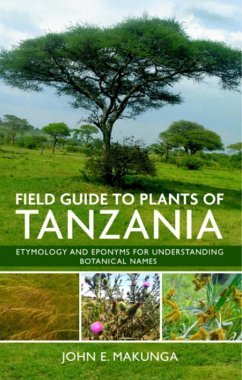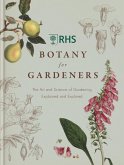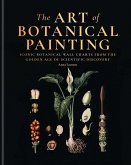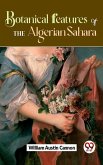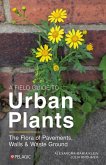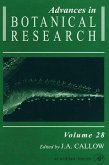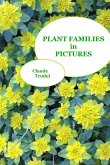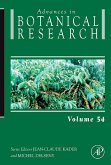Some of the plants included in this field guidebook are rare, endemic, threatened and invasive lien species. Knowing these species, therefore, helps in augmenting management efforts to conservation authorities, individual users and other stakeholders. Etymology and eponyms are the key concepts intended to help readers in understand in a simple, fascinating and instructive way, plants' scientific names presented in this field guidebook, which basically have their roots from the Latin and Greek languages. The guidebook is well organized with valuable contents, which surely enlightens readers' understanding in plant science. The author of this field guidebook is an experienced lecturer, researcher and consultant in a variety of fields, in particular, disaster risk management, environment, climate change and nature conservation.
Dieser Download kann aus rechtlichen Gründen nur mit Rechnungsadresse in A, B, CY, CZ, D, DK, EW, E, FIN, F, GR, H, IRL, I, LT, L, LR, M, NL, PL, P, R, S, SLO, SK ausgeliefert werden.

